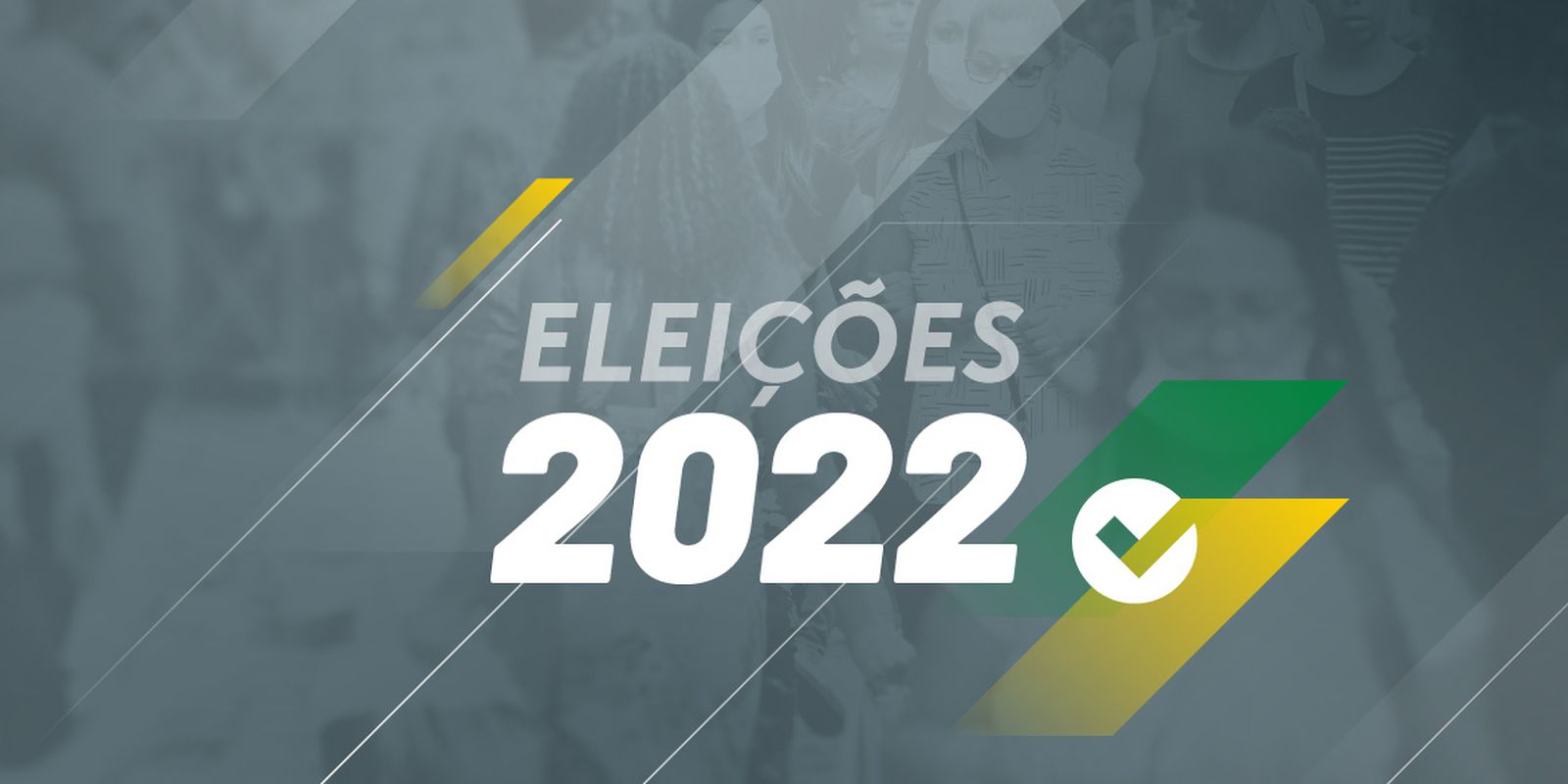From this week the monetary transfers of the program began Guaranteed Minimum Incomecorresponding to the month of October which, according to the Bogota Mayor’s Office, will benefit 653,820 poor and vulnerable households in the cityin conjunction with the national government.
According to the District, $46,071 million were earmarked to cover this cycle of the program. Of these, with exclusive resources from Bogotá, 241,316 families will benefit; with aid from the city and the national government, 170,794 homes; and with transfers only from the Nation, 241,710.
You may be interested in: Man who beat his pet to death at Kennedy, was released
It is worth noting that this program began with the covid-19 virus pandemic, in order to support the economy of Bogota citizens that was affected during the health emergency. Despite the fact that this has already been overcome, the inflation that the country is currently going through -and despite the fact that Bogotá is one of the cities with the most opportunities- even the inhabitants of the capital are going through economic difficulties.
Given this, there are several questions about whether the Minimum Guaranteed Income will continue in the coming months and if it will have some modifications, to which the Ministry of Finance has already given some indications about this.
Also read: Zombie march returns to Bogotá: Learn how you can participate
What changes come in the Minimum Guaranteed Income?
According to the Secretary of the Treasury, Juan Mauricio Ramirez, the beneficiaries of the program must take into account that as of the month of November, “Only the households that are part of Sisbén IV from groups A1 to C3 and that have an active account with the financial entities that have an agreement with the District Secretary of Finance will be beneficiaries of the monetary aid.: Davivienda (Daviplata), Bancolombia (Nequi and Ahorro a la Mano – ALM), Movii, Banco de Occidente and Pagos GDE SA-Powwi”.
In this sense, from the entity they indicate that households that still do not have the Sisbén IV survey, must request it through the web portal of the District Planning Secretariat or in the seven SuperCADE and 13 CADE of the city.
It is worth noting that this program will be extended until 2023, as the District Development Plan has entered into the District and that with a cutoff date of September 30, it has delivered monetary aid to 903,796 poor and vulnerable households in the city.








